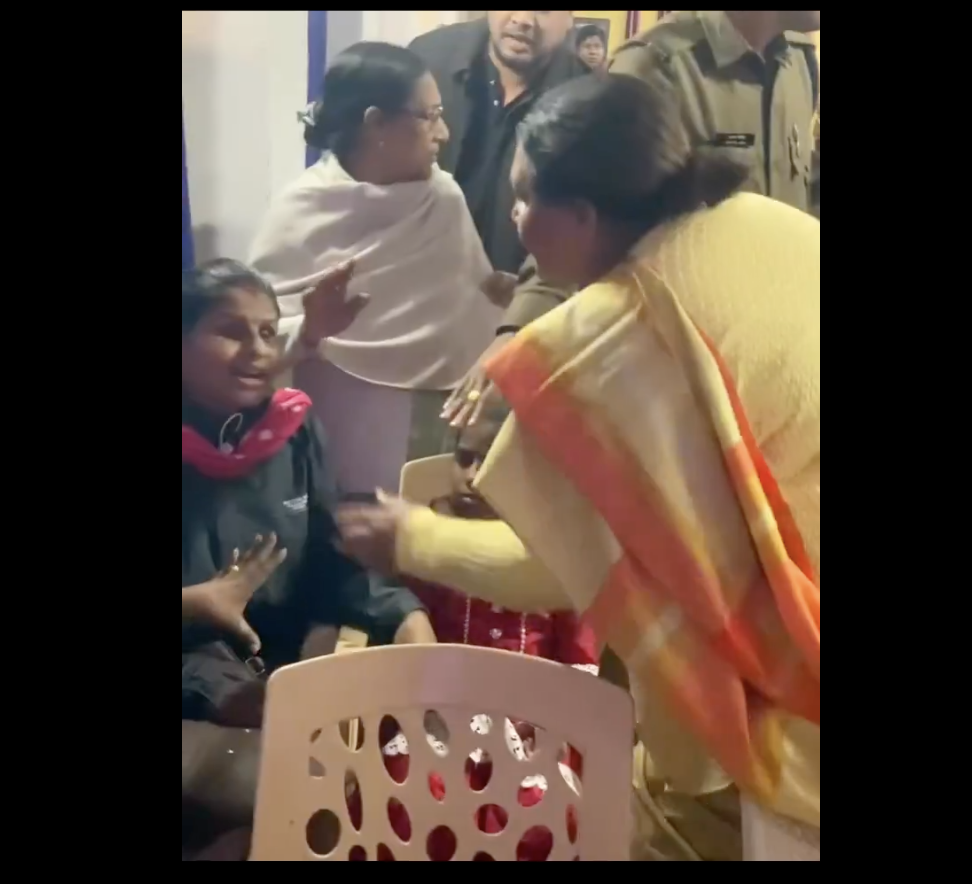
A Delhi court has framed charges against a man who was allegedly part of a mob that set a Muslim woman’s house on fire during the Northeast Delhi riots, observing that the argument that only one man has been charge-sheeted for participating in a mob of 150 persons “does not hold much water”.
Additional Sessions Judge Vinod Yadav framed charges against the accused, Dinesh Yadav, under several IPC sections, including rioting and robbery.
Shikha Garg, the legal aid counsel for the accused, told the court that her client was falsely implicated. “Out of the alleged riotous mob consisting of about 150-200 persons, only the accused has been charge-sheeted in the matter. Even no recovery of any sort has been effected from him,” Garg told the court.
Special Public Prosecutor R C S Bhadoria told the court that just because the “complainant did not initially name the accused, the prosecution case cannot be thrown out of the window”.
“It may be possible that due to highly surcharged and tense atmosphere, the complainant might have gotten scared and could not name the applicant in her initial complaint. However, after gaining some composure and courage, she went on to name him vide his supplementary statement recorded in the matter,” he told the court.
“The argument of counsel that charge-sheeted only the accused does not hold much water, as the said contention cannot be decided at this prima stage.
“The Special Public Prosecutor at this stage has categorically submitted that their investigation is yet not complete and as and when other accused persons are identified, supplementary chargesheet against them would be filed,” the court said.
The court held that “it is well-settled law that at the time of framing of charge that the FIR and the material collected by the investigating agency cannot be sieved through the cullender of the finest gauzes to test its veracity. A roving inquiry into the pros and cons of the case by weighing the evidence is not expected or even warranted at the stage of framing of charge”.
Agreeing with the prosecution’s arguments on the delay in registering an FIR, the court said that it “cannot lose sight of the fact that the public witnesses were not known to the investigating agency, and it had to deploy its human intelligence and technical expertise which took considerable time”.
This story first appeared on indianexpress.com






